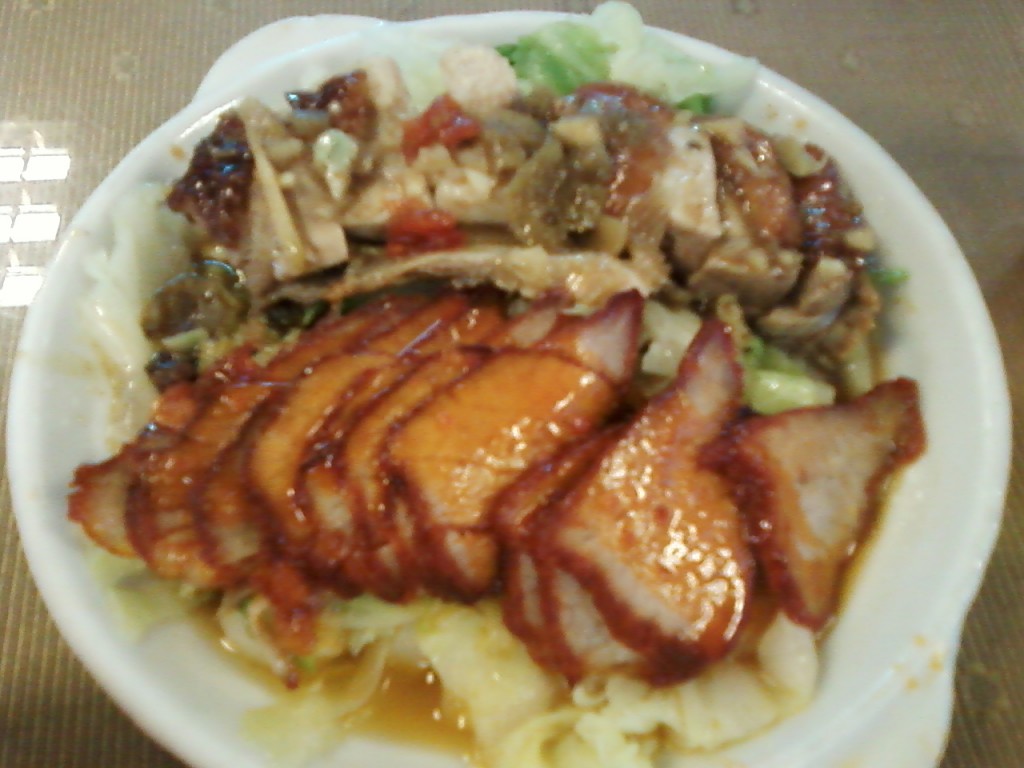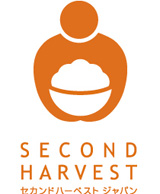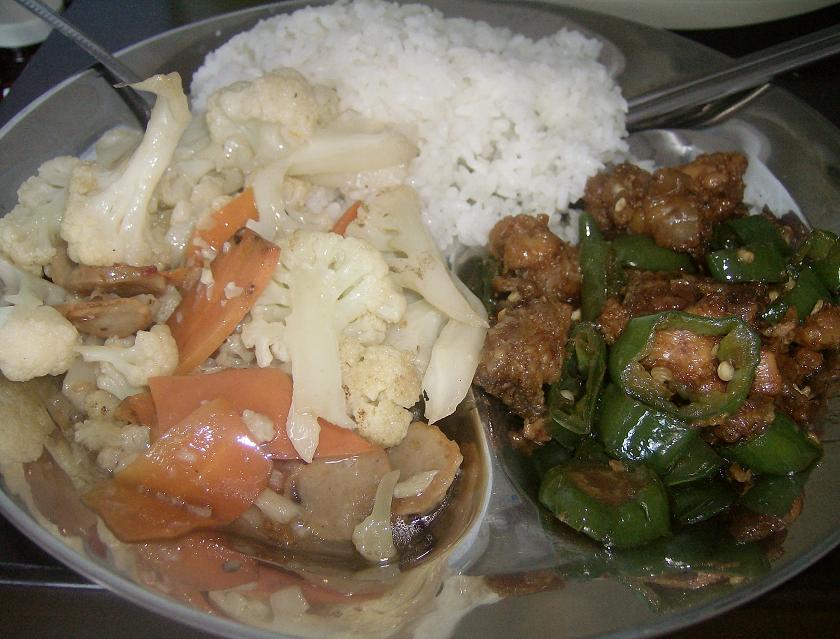Good food on a budget is a specialty not only in China, but across the developing world. In countries which have recently joined the world economy, or only within the past 20-30 years, local food traditions have stayed strong. And although Western food is becoming more popular in these countries, their preference for local traditional dishes is unlikely to change in the near future.
The one common remark that students studying abroad make about their experience is that food doesn’t meet their standards. For example, the pizza, pasta, sandwiches, and salads option that fill cafeterias in the US provoke a homesickness that is unavoidable. Looking at the common dish I had for dinner last night, could you blame them for missing home?
Right outside my apartment is the “Sichuan Room”, a Cantonese-style Sichuan restaurant which serves amazing food at a low price. Read More…


 Cash Donations Post-Disaster
Cash Donations Post-Disaster

 Custom Search
Custom Search